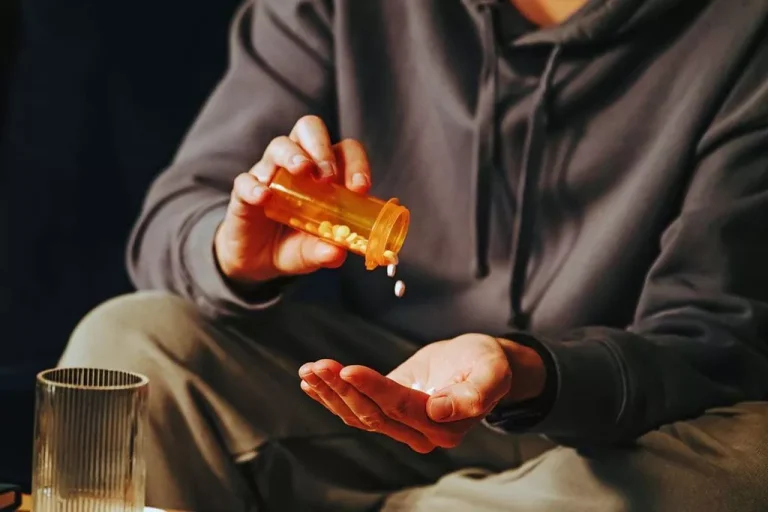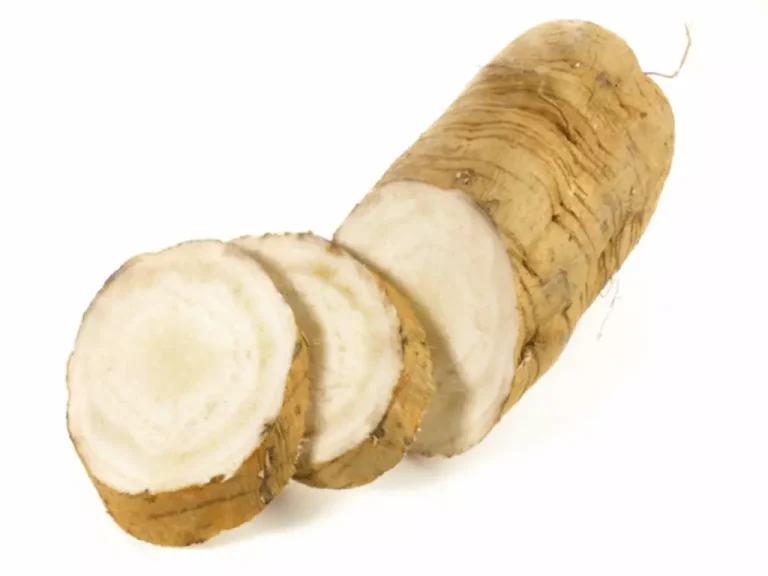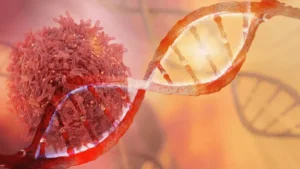
Our certified medical reviewers are licensed in the mental health and addiction medicine fields and are dedicated to helping readers and prospective clients make informed decisions about their treatment. We adhere to strict accuracy guidelines and only reference credible sources when providing information on our website. Treatment for alcohol abuse and the mood swings that come with it typically involves a combination of medication and talk therapy. These unpredictable changes in mood and temperament are the result of your brain chemistry trying to stabilize itself without the influence of alcohol.
- In conclusion, alcohol can have a significant impact on our emotions and overall mental health.
- Because alcohol can make you lose your inhibitions and act more impulsively, it may lead to actions such as self-harm or suicide.
- Another study of 249 heavy drinkers similarly found that alcohol intoxication predicted higher levels of IPV in those who reported low psychological flexibility (Grom et al., 2021).
- When people do not have enough GABA, they struggle with emotional regulation, and this can lead to a whole host of mental health issues, stress, and even paranoia.
- If you feel affected by the content you have read, please see our get help page for support.
- For example, Simons et al. (2009) found that this interaction was a predictor of alcohol abuse symptoms, but not alcohol dependence symptoms.
Oar Health Member Stories: ADHD and AUD
By understanding the emotional effects of alcohol, we can work towards making healthier choices and improving our overall well-being. If you or someone you know is struggling with alcohol, remember that help is available and seeking support is a brave and important step towards recovery. Recognizing the signs of emotional distress caused by alcohol is crucial. These signs may include frequent mood swings, strained relationships, difficulty managing emotions, and a reliance on alcohol as a coping mechanism.
How Long Does Cocaine Stay In Your System? Drug Testing

Disulfiram or naltrexone can also be used to reduce alcohol cravings. The medication needs to be closely monitored by a doctor to determine https://ecosoberhouse.com/ its effectiveness and proper dosage. By recognizing these signs, you’ll be better equipped to offer your loved one compassion and support.
Online Therapy
Many studies have found that alcohol dependence is closely linked to depression. When it comes to diagnosing an alcohol use disorder and a major depressive disorder, it’s important to address them simultaneously, as they can significantly impact your recovery. Importantly, some research has shown that the predictive effects of impulsivity constructs on alcohol outcomes are mediated by internal drinking motives. For example, Adams, Kaiser, Lynam, Charnigo, and Milich (2012) found that the relationship between impulsivity and alcohol-related problems was mediated by both coping and enhancement motives. Other studies have shown that motives partially or fully mediate the association between impulsivity and alcohol related problems (Littlefield, Sher, & Wood, 2009; Magid, MacLean, & Colder, 2007).
Escalating Emotional Turmoil and Dependency
- Treatment focuses on helping a person withdraw from the drug, identify coping skills for managing cravings, and addressing the underlying cause of addiction.
- So when you’re flooding the zone with something like alcohol, your brain goes into shutdown mode.
- “Depression and alcohol misuse are often tied because we take a depressant to counter a chemical depression which only makes it worse.”
I’ve observed this pattern over several decades in helping clients deal with anger. Alcohol, like fatigue, diminished sleep, stress, and certain drugs, inhibits the activation of the prefrontal cortex, that part of our brain responsible for problem-solving, judgment, and overseeing and managing emotions. This disinhibiting aspect of alcohol in effect paves the way for feelings alcoholism and anger to dominate thoughts and behavior. Many people enjoy alcoholic drinks as a way of relaxing, sometimes to reduce the tension of socializing or to quiet an overactive mind. By contrast, some individuals’ alcohol consumption contributes to their anger, hostility, and even aggression. In his case, he was already predisposed to anger arousal before he had his first drink.
What is the Most Effective Therapy in Treating Alcoholism?

Oftentimes, this violence is either unleashed upon the person themselves or other people around them. If you or a loved one suffer from alcohol abuse and have noticed the emergence of short-term side effects or alcoholic mood swings, it may be time to seek professional alcohol rehab. This is why it’s so critical for people to get treatment for both alcohol dependence and mood disorders to have the greatest chance at recovery.


It should not be used to replace the suggestions of your personal physician or other health care professionals. Experienced professionals have the tools to examine and treat both disorders as well as other addiction-related issues. As difficult as both conditions are, assistance is available and can change lives. If you find yourself in a situation with someone who is angry while intoxicated, the first step is to assess your level of risk.
The NHS website has more information on alcohol and antidepressants. Dealing with physical health problems, debt and housing issues can all affect your mental health. Yes, it is possible to develop a dependence on alcohol due to its ability to provide temporary relief from negative emotions. This is known as self-medication and can lead to addiction if left untreated.
Medical Professionals
- American Addiction Centers (AAC) is committed to delivering original, truthful, accurate, unbiased, and medically current information.
- Future researchers should consider including variables that assess diverse constructs, which may account for unique variance in alcohol use, severity, and dependence.
- In other words, excessive use of alcohol may create negative consequences.
- No matter your drink of choice, alcohol can easily be abused and often is, especially when it’s used to self-medicate.
- However, impulsivity did not predict alcohol use in either of these studies.
- Alcohol affects the part of your brain that controls inhibition, so you may feel relaxed, less anxious, and more confident after a drink.
- Repeated alcohol abuse as a coping mechanism increases the odds for developing problems related to alcohol, however.